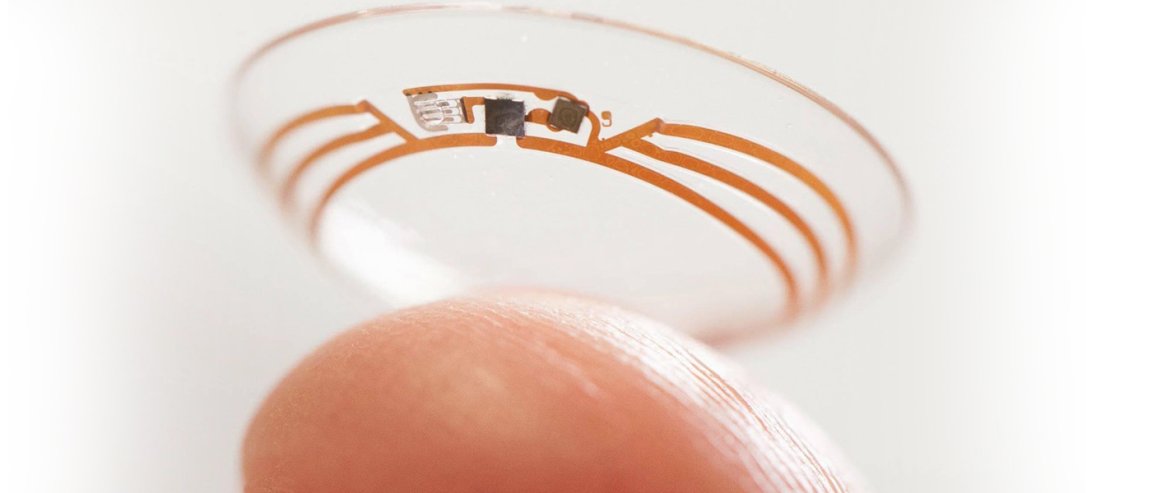
Smart Eyes
Samsung just took another step into science fiction. South Korea has just granted the tech giant a patent for contact lenses with a display that can project images straight into the user’s eye. The news comes from a Samsung-centric blog SamMobile.
The lenses are equipped with a built-in camera and sensors that can be controlled simply by blinking. Content is sent to your smartphone through embedded antennas. This is where the data is processed.
It seems that Samsung is developing the smart contact lenses as an alternative to creating improved augmented reality experiences over the current crop of wearables, reports SamMobile.
With contact lenses instead of glasses, users will be able to enjoy augmented reality content more discreetly.
A Glimpse at the Future

Credit: SAMSUNG/KOREA INTELLECTUAL PROPERTY RIGHT SERVICE (KIPRIS)
Blinking to control an ocular interface may lead to a lot of awkward situations and accidental input, but it’s not entirely unrealistic. Thankfully, there’s always the option of controlling the interface through your smartphone, like you would everything else.
With this development, Samsung joins Google in the arena, who also owns two patents for smart contact lenses. Google’s contact lenses are mainly intended for medical use, with sensors and flexible electronics to read tear fluid chemicals to determine blood sugar levels.
Google and Samsung both filed their smart contact lens patents in their respective countries in 2014; however, it’s possible that both companies are currently just at the concept stage, rather than actively developing smart contact lens prototypes. Indeed, tech companies file (and are granted) all kinds of patents all the time, and it doesn’t indicate that a corresponding commercial release is bound to follow suit.
And since so many technologies are constantly being developed and patented by companies large and small, the news is no reason to get too excited, but it is a reason to be hopeful.
Stay tuned to Futurism for more on this story and other future tech and science.